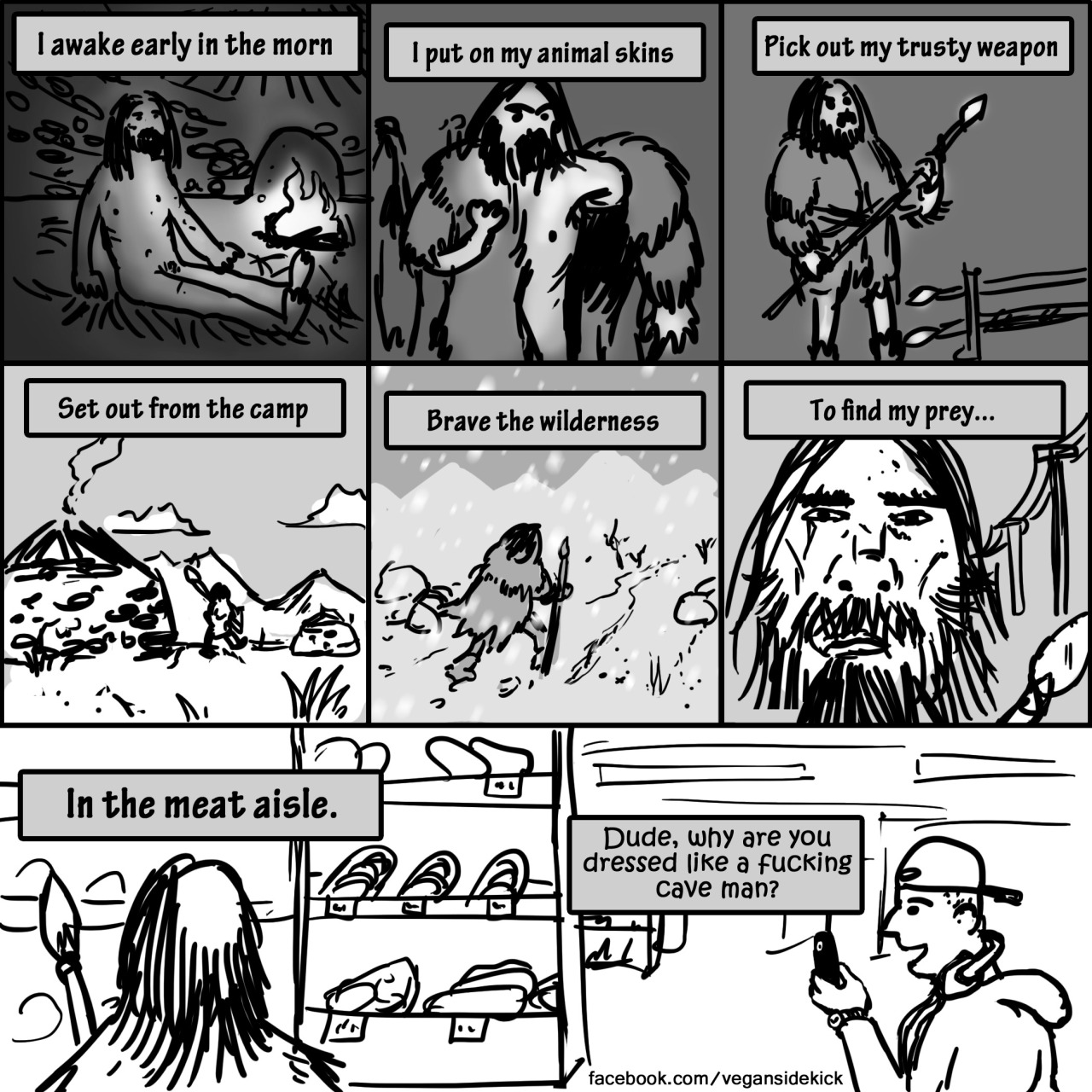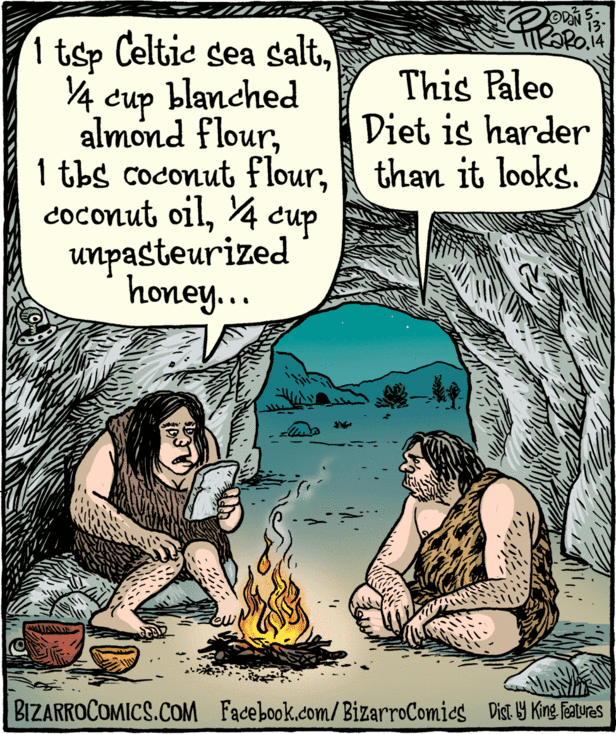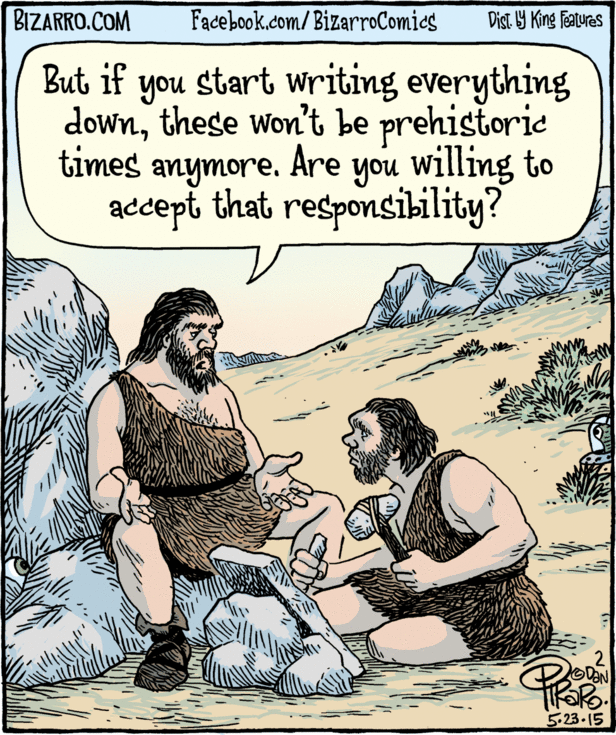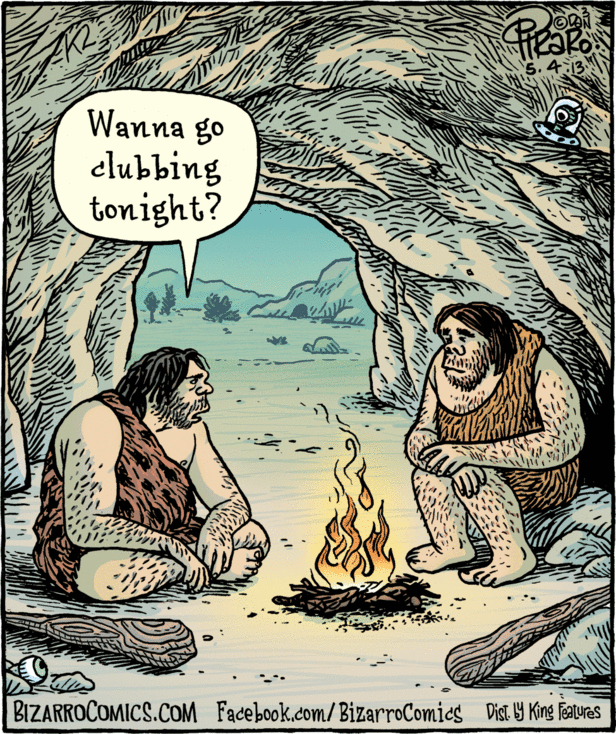Regarding how we've evolved physiologically, there appears to be some particularly pertinent points that weren't included. There have been healthy, thriving vegetarians and vegans for as long as there have been humans. Some were so due to moral or ethical concern, others due to resource utilization issues, others due to cultural taboos. All other factors being equal, the veg(etari)ans have thrived, and continue to do so.
For some more recent historical examples of vegans, we can look at Pythagoras and the subsequent the "Pythagoreans" (as vegans were called for the following 1300 years), along with a plethora of like-minded contemporaries (e.g.goo.gl/lgDBL). Buddhists, Jainists, et al., have been doing grand as veg(etari)ans since around the 6th century BCE. Prior to all this, there's compelling reason to believe that most people were vegan anyway (ref. goo.gl/3QZWDg). There are many more examples, but the point is that veganism is clearly a viable option in the present day.
In fact, as I understand it, when humans consume the flesh, secretions, et al., of animals, it causes diseases in them at a much, much higher rate than it does in those who don't. These consist primarily of a range of heart diseases and cancers (colorectal and breast in particular), but include a long list of fairly nasty ailments. Given the increased risk of contracting these illnesses and that consuming animals is obviously not a necessity for humans, it seems clear that this means doing so is actually less health-some rather than more so.
Does that make sense in your view, +Olden Dayze?
+Olden Dayze: "Look back through our lineage, out of mammals, into amniotes and tetrapods and even before; when we look into our past, we are borne from animals that were predators and scavengers."
I wholeheartedly agree that it's very interesting and informative to look in to our past and to discover as much as we can about where we came from. To quote the biologist Rob Dunn (ref: goo.gl/H1Miq), "for most of the last twenty million years of the evolution of our bodies, through most of the big changes, we were eating fruit, nuts, leaves and the occasional bit of insect, frog, bird or mouse. While some of us might do well with milk, some might do better than others with starch and some might do better or worse with alcohol, we all have the basic machinery to get fruity or nutty without trouble. And anyway, just because some of us do better with milk or starch or meat than others doesn't mean such foods are good for us, it just means that those individuals who couldn't deal with these foods were more likely to die or less likely to mate."
However, even if Dunn got it wrong, it's still not a logical argument to make that since our distant ancestors might have been meat eaters to some extent or another, that contemporary humans are therefor obligated to continue doing so regardless of our present day needs from a physiological perspective. Even if we went so far as to imagine that humans were all eating meat every day with every meal right up to the beginning of recorded history and then, for some reason, scaled way back -- even then we still have around seven thousand years between then and now demonstrating that humans thrive just fine on a plant based diet.
Withal, in a conversation about the ethics of killing horses or buying factory wrapped animals parts, I don't see much applicability to the conversation from looking "back through our lineage, out of mammals, into amniotes and tetrapods and even before". Or is there something to this that I'm just not groking, +Olden Dayze?
—☆—★—☆—★—☆—★—☆—★—☆—★—☆—★—
This post is one in a series in which excerpts of discussions on veganism from other threads are reposted (or paraphrased) for the sake of expanding the conversation. As always, your thoughts and questions are welcome. See the full collection via the #spommveganchats hash (or perhaps with a more robust search, such as goo.gl/JoxZC).
(for anyone requiring/desiring more context, the original conversation can be found at goo.gl/FWaf1K)
#vegan #history #logicalfallacies



















